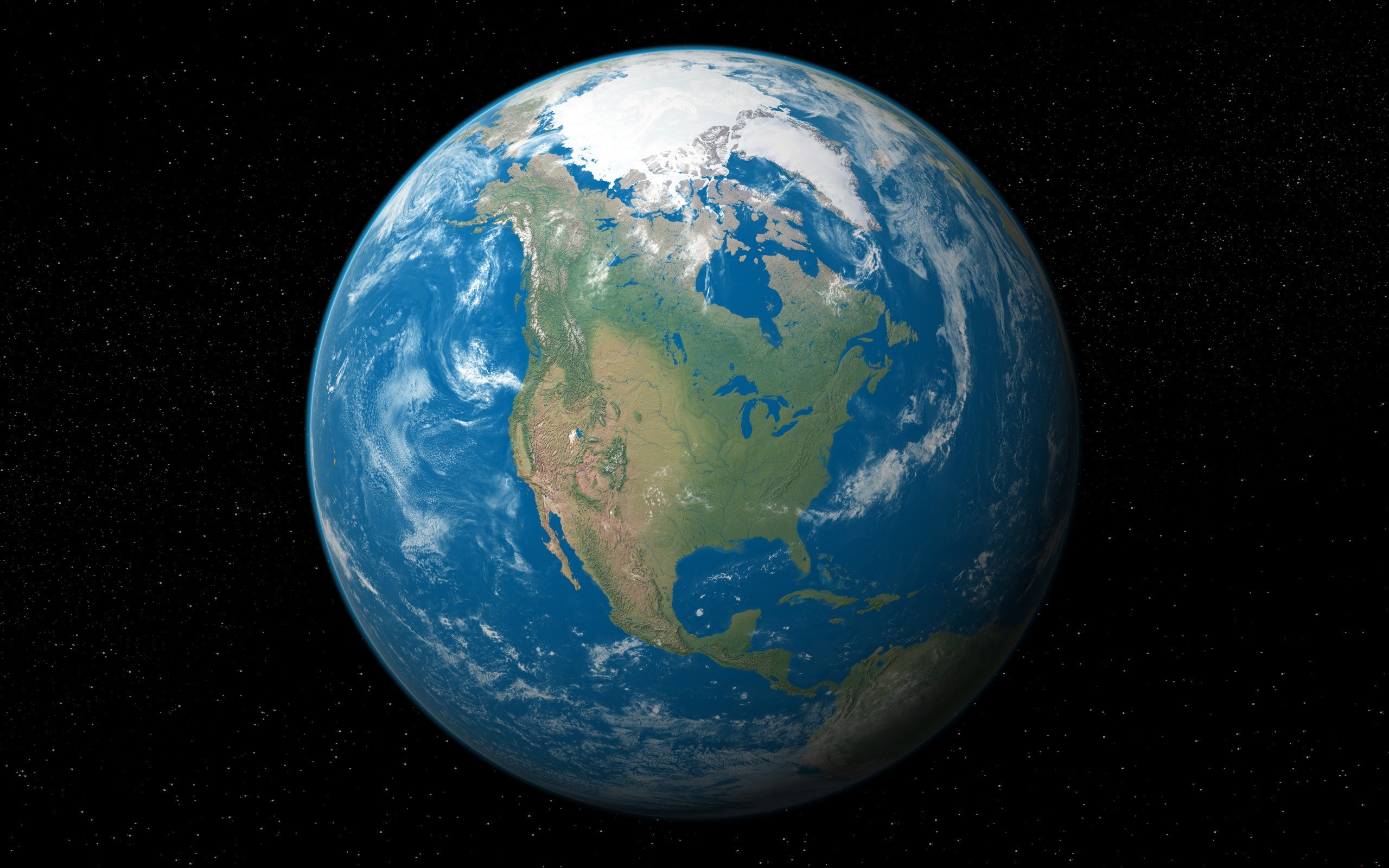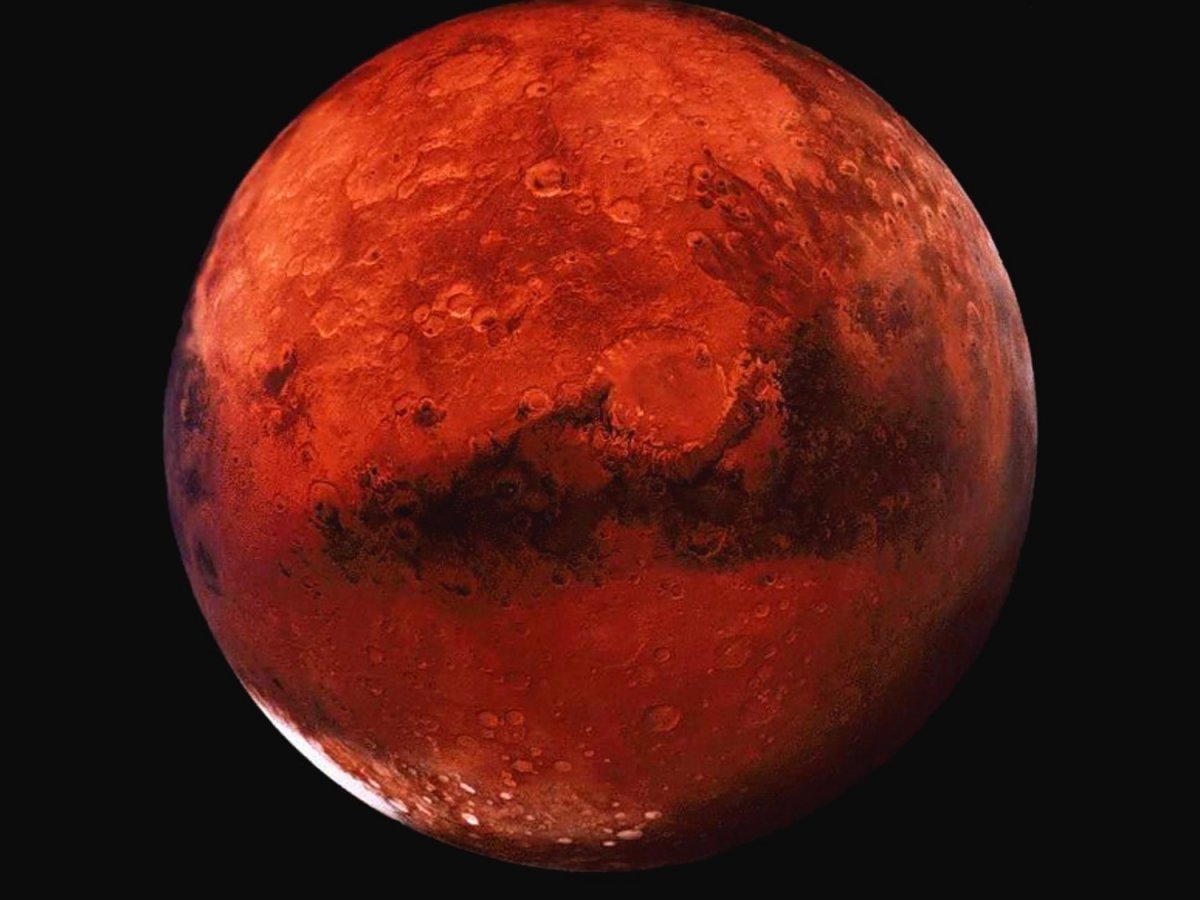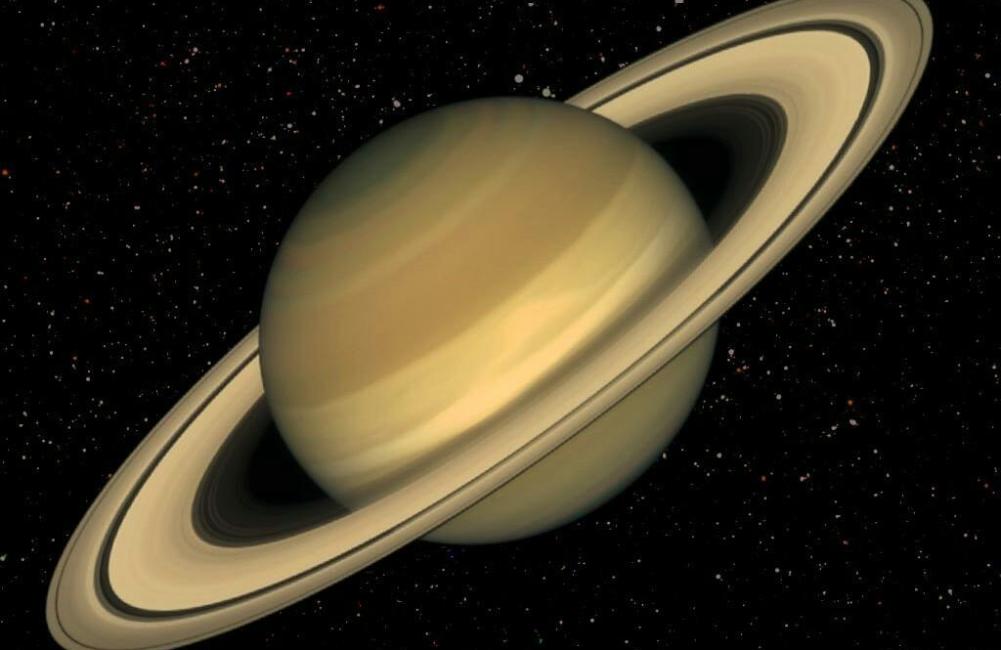| MAIN PART Look at the pictures and try to find today's theme Answer the questions. What do you see? How do you think about what are we going to say in this lesson? In which planet do we live? Why can not we live on other planets? 
Exercise 1 Look at the pictures of the solar system. Listen and repeat. Put the names of the planets in order of their closeness to the Sun.
 
Mercury Venus
 
Earth Mars
 
Jupiter Saturn
 
Uranus Neptune
Vocabulary
| English | Russian | | Mission | Миссия | | Remote | отдаленные | | Turn somebody's attention to | Обратить чье-то внимание на | | Step | Шаг | | Journey | Путешествие | | Exploration | Исследование | | Average | Средний | | Gas | Газ | | Solid | Твердый | | Rocky | Скалистый | | Surface | Поверхность | | Wheel | Колесо | | Rush hour | Час пик | | Aim | Цель | | Be worth it | Быть достойным этого | | Giant | Гигантский | | Leap | скачок | | Mankind | Человечество |
Exercise 2 Read and translate the text. Mission to Mars A. Humans love to explore. We crossed oceans to discover new lands .We explored the highest, coldest and most remote places on Earth. In 1961, Yuri Gagarin boarded Vostok 1 at Baikonur Cosmodrome and became the first person in space. Eight years later, Neil Armstrong was the first human to walk on the Moon. Now, we’re turning our attention to Mars as the next step on our journey of exploration. B. Why Mars ? Well, firstly , it's not too far. Apart from Venus, it’s our closest neighbour, so the journey will take months and not years. Temperatures on Venus are over 400o C so humans can’t go there, but on Mars the average temperature is about 630C. Other planets like Jupiter and Saturn are big balls of gas with extremely strong winds, but Mars has a solid rocky surface. C. We are learning more about Mars with the help of rovers. These are robots with wheels, and two American rovers, Opportunity and Curiosity , are already there . They are exploring and sending information to Earth for scientists to study. It’s soon be like rush hour on Mars as a European and Russian rover and a third American rover are going to join Opportunity and Curiosity soon. D. Of course, the dream for many people is to send humans to Mars. NASA, the American space agency , is aiming to do this in the 2030s . It won’t be easy for the astronauts as they will have to spend almost three years away from Earth, but it will be worth it. Neil Armstrong made “one giant leap for mankind.” The first astronaut on Mars will make an even greater one.
Exercise 3 Read the text again and answer the questions by choosing the cells. Choose the correct answer A,B or C. 1. What is the writer doing in the text? A) describing space exploration B) telling us why we go into space C) encouraging us to become astronauts 2. What does the writer say in paragraph B? A) Mars is too far away . B) It is easier to explore Mars than other planets C) Mars is similar to Jupiter. 3. What does the writer suggest in paragraph C? A) Only robots can survive on Mars. B) Lots of countries are interested in Mars. C) Scientists are already on Mars . 4. Why does the writer say “It won’t be easy” in paragraph D? A) Astronauts do not want to go Mars. B) Only one astronaut can go to Mars. C) The mission will take a long time.
Exercise 4 Listen to a radio show about the solar system and mark the sentences as T( true) or F (false). 1. The Sun is bigger than the planets. ............ 2. The Earth is the only planet with ice on it. ............ 3. There are strong winds on the other planets. ............ 4. Jupiter has a moon with ice on it. ............ 5. All the asteroids are small. ............ | 


























